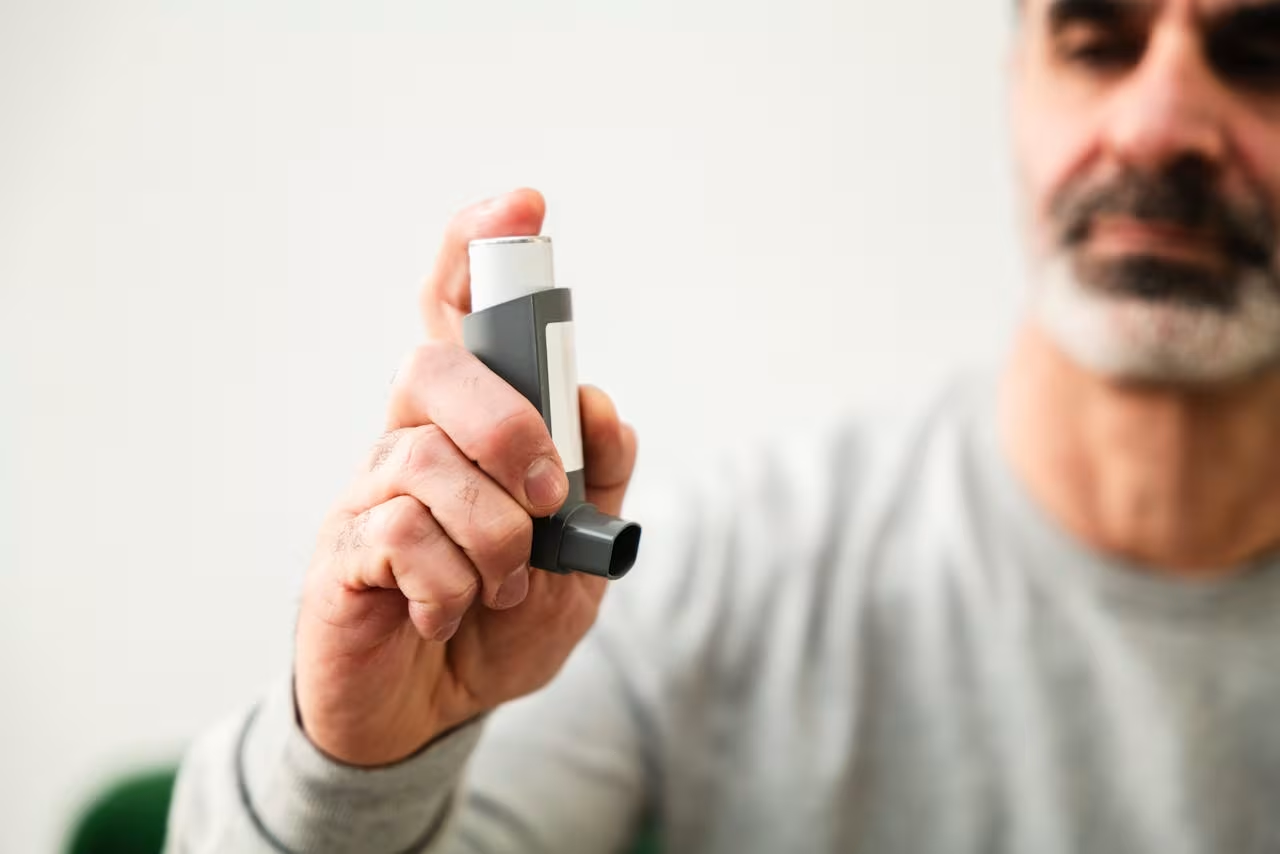
Vitamin D deficiency is a widespread issue in the UK, particularly due to limited sunlight exposure, especially during the winter months. Currently in the UK, 1 in 4 people are deficient in Vitamin D. This essential vitamin plays a pivotal role in maintaining bone health, supporting the immune system, and regulating mood.
Vitamin D primarily is synthesised in the skin through sun exposure. Although factors such as geographical location, lifestyle habits and skin pigmentation can affect an individual's ability to produce an adequate amount of Vitamin D. However, until symptoms start to manifest, many individuals are unaware they are deficient.
At Private Medical Clinic, we play a large role in diagnosing and treating Vitamin D deficiency. We offer blood tests, in our Birmingham and London Marylebone clinics, that can measure serum levels of Vitamin D to determine if an individual is deficient. This diagnostic approach allows for targeted treatment to address the specific needs of each patient.
If all of these treatment options are not successful or are not achievable for patients, Vitamin D injections may be recommended. Ordinarily, Vitamin D injections consist of three intramuscular injections per year, administered at designated intervals. Nevertheless, the precise dosage varies according to individual patient considerations, including medical conditions and baseline Vitamin D levels. A standard Vitamin D injection typically contains 300,000 IU of vitamin D3.
It's worth emphasising that for individuals with severe Vitamin D deficiency, the advantages of Vitamin D injections frequently surpass those of oral supplements. This approach proves particularly advantageous for individuals with dark skin, kidney issues, or absorption challenges.
At Private Medical Clinic we aim to empower individuals to optimise their Vitamin D levels and enhance their overall health and quality of life. If you suspect you may be deficient in Vitamin D, don't hesitate to contact the Private Medical Clinic for a consultation with one of our private GP's to discuss blood testing and treatment options tailored to you.
Your health is worth investing in, and addressing Vitamin D deficiency is a crucial step towards achieving optimal wellness.
To book your consultation contact the clinic on 0121 798 0729 or click here to book through our website.





